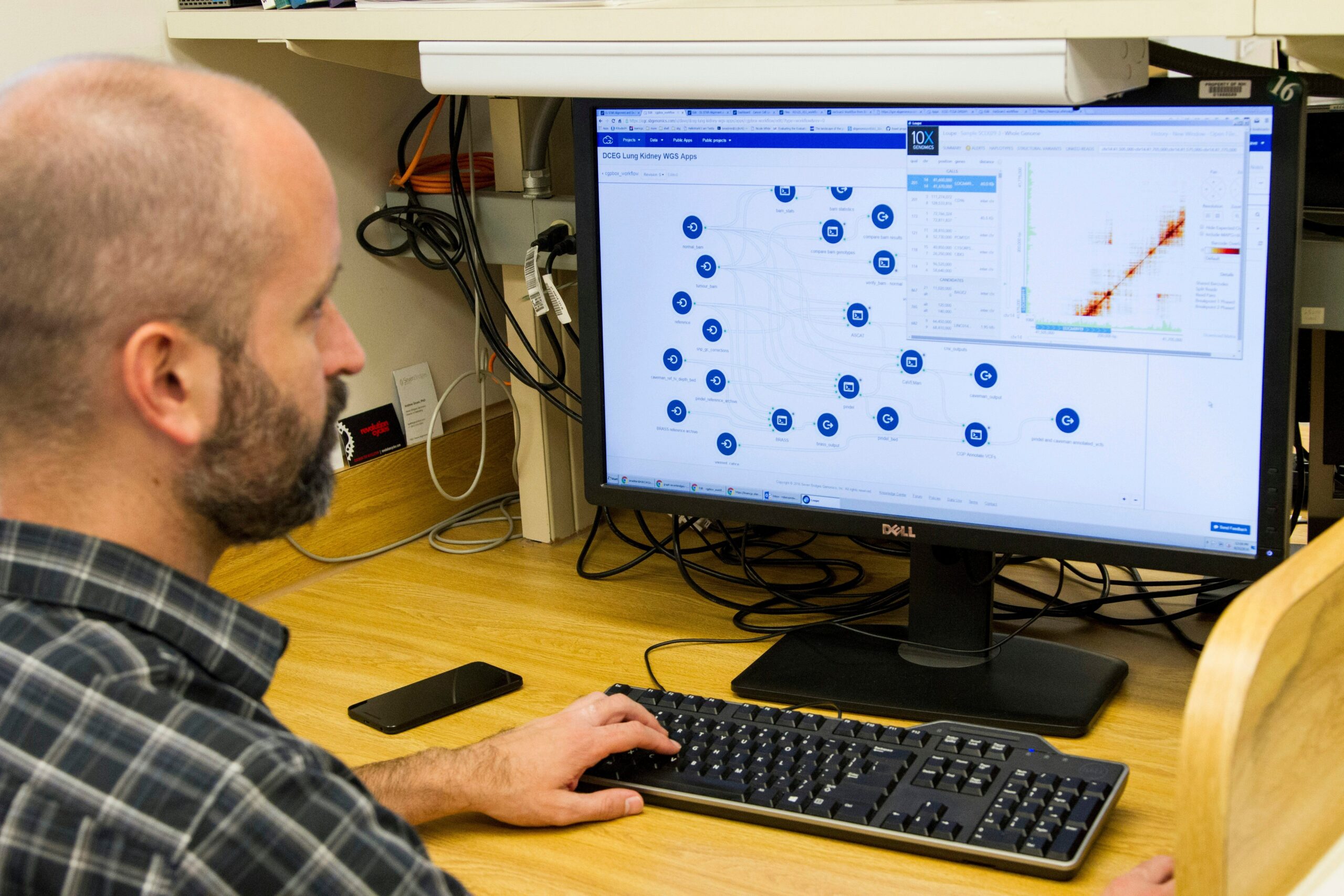
This World Mental Health Day, Relationships Australia NSW (RANSW) is advocating for the recognition of relationships as a fundamental component of mental health, rather than an afterthought. The call comes amidst growing concerns about isolation, loneliness, and poor social connections, which are significant contributors to mental ill-health globally.
According to recent data, one in six people worldwide experiences loneliness, a factor that contributes to approximately 870,000 deaths annually. Despite these staggering figures, social wellbeing remains largely ignored in a mental health system that prioritizes symptoms over social context.
The Role of Relationships in Mental Health
Elisabeth Shaw, CEO of RANSW, emphasized that mental health is profoundly influenced by the quality of our relationships. “Every day through our services, we see loneliness and relationship distress as common themes – yet they’re often siloed from mainstream mental health care,” Shaw remarked.
She highlighted various scenarios where relationship issues have a severe emotional impact. “Whether it’s an older person impacted by abuse, a couple in crisis, or children affected by family conflict, the emotional toll and disconnection can be devastating if left unaddressed,” she added.
“Relationship support must sit at the heart of the mental health system, not on its fringes. By investing in relationships and recognizing their importance, we are investing in mental health.” – Elisabeth Shaw, CEO of RANSW
Integrating Relationship Support into Mental Health Services
RANSW provides a range of services aimed at empowering individuals to build and maintain safe, respectful relationships. These services include family counseling, mediation, family dispute resolution, and support for older individuals impacted by elder abuse.
Shaw stressed the importance of early intervention and stronger integration between mental health and relationship services. “Feedback from our frontline services reinforces the need for increased investment in early relational mental health support, the inclusion of relationships in mental health reform, and greater community awareness,” she stated.
The Broader Context and Historical Parallels
The emphasis on relationships as a core component of mental health is not a new concept. Historically, the importance of social connections has been recognized in various cultures and psychological theories. However, the modern medicalized approach to mental health has often sidelined these aspects, focusing instead on individual symptoms and pharmacological treatments.
Experts argue that this approach overlooks the complex interplay between social factors and mental health. By integrating relationship support into mental health services, there is potential to address the root causes of mental distress more effectively.
Looking Ahead
World Mental Health Day serves as a timely reminder to refocus the national conversation on connection as a key pillar of health. The move towards recognizing relationships as central to mental health is gaining traction, with organizations like RANSW leading the charge.
The implications of this shift are significant. By prioritizing relationship support, there is potential to reduce the prevalence of mental ill-health and improve overall wellbeing. As the conversation continues, it remains crucial for policymakers, mental health professionals, and the community to collaborate in creating a more holistic mental health system.
This material from the originating organization/author(s) might be of the point-in-time nature, and edited for clarity, style, and length. Mirage.News does not take institutional positions or sides, and all views, positions, and conclusions expressed herein are solely those of the author(s).







